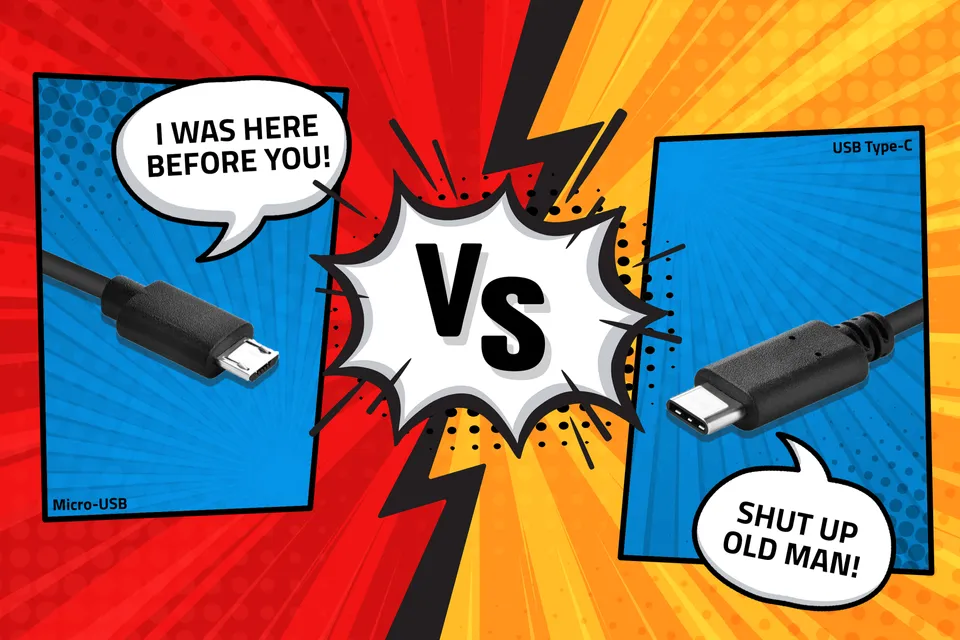In today’s world, our electronic devices are becoming more and more sophisticated, and with this comes the need for better charging solutions. The Type C Charger is one of the most advanced charging technologies available today. It has been designed to be faster, more efficient, and more versatile than its predecessors.
First and foremost, the Type C Charger is a universal charging standard that has been adopted by many device manufacturers. This means that you can use one charger to charge multiple devices, regardless of the brand or model. This is a significant improvement over the old charging standards, where you had to use a specific charger for each device.
One of the biggest advantages of the Type C Charger is its speed. With a maximum power output of up to 100 watts, it can charge your devices much faster than older chargers. This means that you can spend less time waiting for your devices to charge and more time using them. It is important to note, however, that the charging speed is also dependent on the device being charged. Some devices may not support fast charging, so you may not see a significant improvement in charging speed.

Another significant advantage of the Type C Charger is its versatility. It has a reversible connector, which means that you can plug it into your device in any orientation. This is a big improvement over older chargers, where you had to make sure the connector was plugged in the correct way. Additionally, the Type C Charger can be used for more than just charging your devices. It can also be used to transfer data and connect your devices to external displays.
The Type C Charger is also more durable than older chargers. It has been designed to withstand more wear and tear, making it a better long-term investment. Additionally, it is more resistant to damage from bending and twisting, which is important if you travel with your devices frequently.
One of the most significant advantages of this type of charger is its compatibility with USB Power Delivery (PD). USB PD is a fast-charging technology that allows devices to charge at a higher rate than traditional chargers. This means that you can charge your devices much faster and get back to using them sooner. Additionally, USB PD allows for bi-directional charging, which means that you can use your device to charge other devices. This is particularly useful if you have multiple devices that need to be charged.

It is important to note that not all Type C Chargers are created equal. There are different versions of the Type C Charger, and not all of them support the same features. Additionally, some device manufacturers have implemented their own proprietary charging standards, which means that not all Type C Chargers will work with all devices. It is important to check the specifications of your device to make sure that it is compatible with the Type C Charger.
In addition to the advantages mentioned above, the Type C Charger is also more environmentally friendly. It has been designed to be more energy-efficient than older chargers, which means that it uses less power to charge your devices. This is important for several reasons. First, it helps to reduce your carbon footprint by reducing the amount of energy that is consumed. Second, it can help to reduce your electricity bill, which can save you money in the long run.

Another advantage of the Type C Charger is its compact size. It is smaller and lighter than older chargers, which makes it easier to carry around with you. This is particularly useful if you travel frequently and need to charge your devices on the go. Additionally, the smaller size means that it takes up less space on your desk or in your bag, which can help to reduce clutter.
It is also worth noting that the Type C Charger is becoming more widely available. As more device manufacturers adopt the Type C standard, it is becoming easier to find compatible chargers. Additionally, many third-party manufacturers are now producing Type C Chargers, which means that you have more options to choose from.
One potential disadvantage of the Type C Charger is its cost. It is generally more expensive than older chargers, which may be a deterrent for some people. However, it is important to remember that the Type C Charger is a long-term investment. It is more durable than older chargers, which means that you will need to replace it less frequently. Additionally, its faster charging speed and other advantages can help to make up for the higher cost over time.
Another potential disadvantage is the need for adapters. While the C Charger is becoming more widely available, not all devices are compatible with it yet. This means that you may need to use an adapter to connect your device to the charger. However, this is a temporary issue that will likely be resolved as more devices adopt the Type C standard.

Overall, the Type C Charger is a significant improvement over older charging technologies. Its faster charging speed, versatility, and compatibility with USB PD make it an excellent choice for anyone in the market for a new charger. While it may be more expensive than older chargers, its long-term durability and energy efficiency make it a better investment in the long run.
In conclusion, the Type C Charger is an excellent charging solution that offers significant advantages over older chargers. It is faster, more efficient, and more versatile than its predecessors, and it has been adopted as a universal charging standard by many device manufacturers. Its compatibility with USB Power Delivery makes it an even more attractive option, allowing for fast charging and bi-directional charging. If you are in the market for a new charger, the Type C Charger is definitely worth considering.
If you enjoyed this read, check out our other posts.














What do you think?
Show comments / Leave a comment